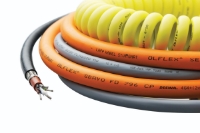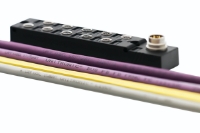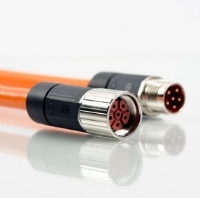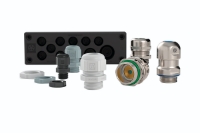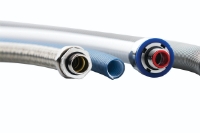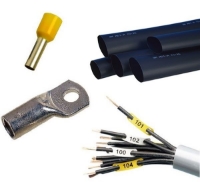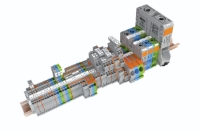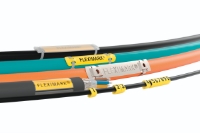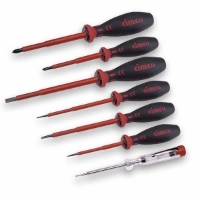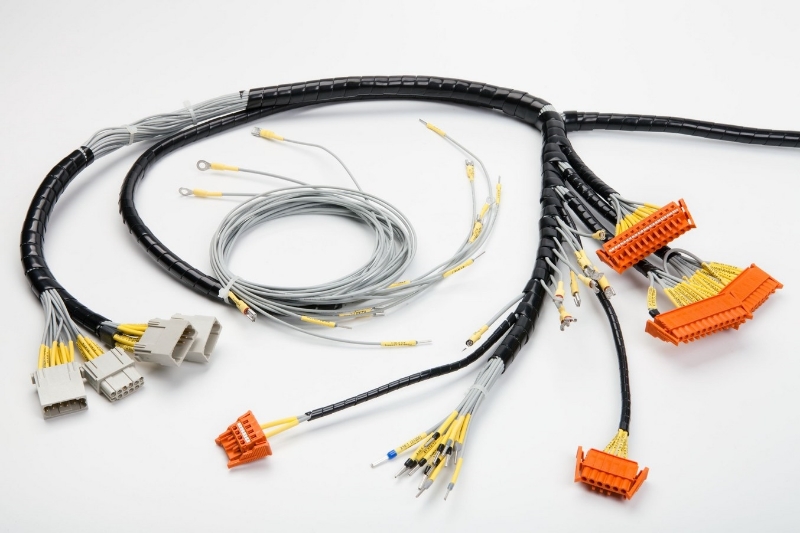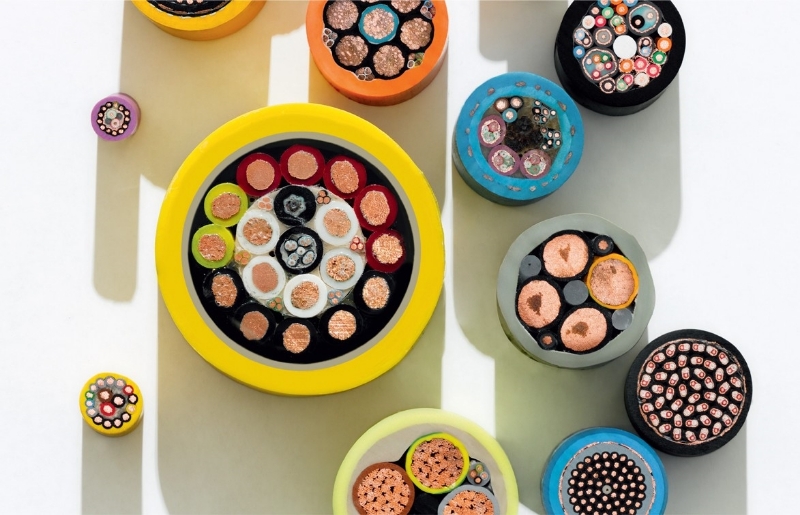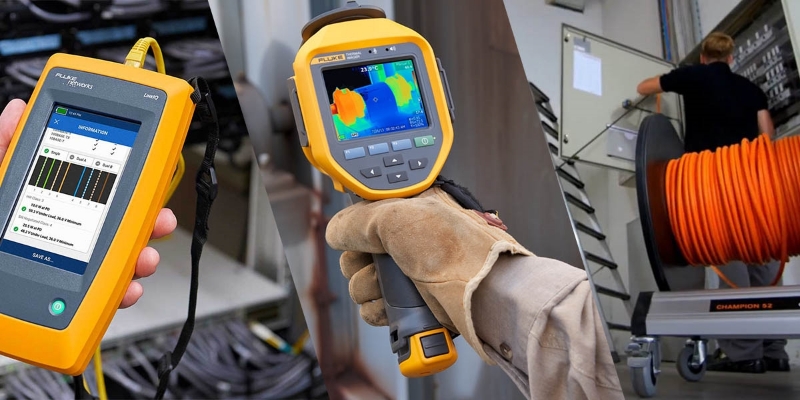The new bio sheathing for ETHERLINE® FD P Cat.5e offers the same durability, flexibility, mechanical properties, and resistance to hydrolysis, chemicals and UV radiation as conventional Elastollan®. Even the processability parameters are preserved.
LAPP introduces new bio-based plastic from BASF in first ethernet cable sheathing to reduce carbon footprints
LAPP has unveiled its first Ethernet cable with a bio-based sheathing plastic to help customers of the leading global supplier of cables and connectivity solutions to reduce their carbon footprint.
The Managing Director of LAPP Australia, Simon Pullinger, says the new sheathing for the widely used ETHERLINE® FD P Cat.5e for Industrial Ethernet was created as a goal that LAPP and the global chemical company BASF set themselves for environmental good.
Other bio-based LAPP products will follow progressively, as LAPP Australia further extends its top service ethos and expands its stocking of 5,000 cables and associated cable accessory parts locally for immediate despatch (in addition to 25,000 product lines delivered from its parent LAPP in Germany within two weeks).
“Climate change is one of the most important issues of our time. The carbon footprint, most of all, indicates how much climate-damaging carbon dioxide is produced as a result of the actions of people and companies. The lower, the better,” said Pullinger.
The ETHERLINE® FD P Cat.5e for Industrial Ethernet was chosen as a first for the for the new sheathing because it is a widely used existing product from LAPP portfolio. It is ideal for patch cable applications and also for cable chains,” he says.
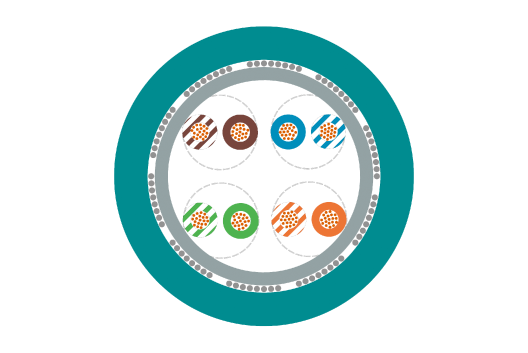
Sustainability begins with sustainable products
“Now, however, it is available as an additional sustainable variant,” said Alexander Terpe, Head of Cable Product Development at U.I. Lapp GmbH. “For this cable, LAPP, as global market leader for integrated solutions in the field of cable and connectivity technology, has replaced the TPU jacket material (thermoplastic polyurethane) from BASF – previously based on fossil raw materials – with a TPU from BASF that is based on renewable raw materials.”
“Using plastics from rapidly renewable materials with an organic basis is a great way for us to reduce the need for plastics from fossil raw materials and at the same time reduce the carbon footprint of our products,” said Alexander Terpe.
“The bio-based plastic in question is Elastollan® N thermoplastic polyurethane from BASF. It is a biopolymer based on corn. Depending on the type of TPU, the proportion of renewable raw materials is 45 to 60%,” says Oliver Mühren, Group Manager of Sales at BASF Polyurethanes GmbH.
“The highlight is that the TPU offers the same durability, flexibility, mechanical properties, and resistance to hydrolysis, chemicals, and UV radiation as conventional Elastollan®. Even the processability parameters are preserved.” “What is particularly noteworthy is that the proportion of organic material in the finished product can not only be verified, but can also be measured precisely (according to ASTM D 6866).”
“The bio-based TPU from BASF is a real high performer and is second to none compared to conventional fossil materials.” “Production can be switched over quickly, and this is the right step to bring genuine added value to our customers through a sustainable product,” explains Mühren.
Elastollan® N is part of BASF’s circular economy strategy and contributes to saving fossil resources and reducing CO2 emissions. LAPP is also aiming, step by step, to further expand its portfolio of bio-based sheath materials.
Simon Pullinger says the bio-sheathed product will be available on order initially then progressively as LAPP Australia further expands its local stock.

